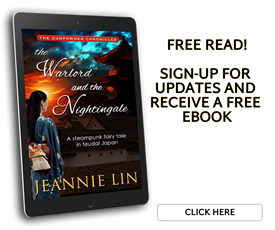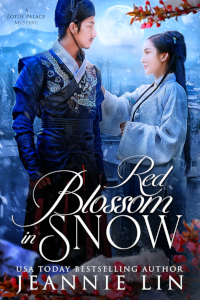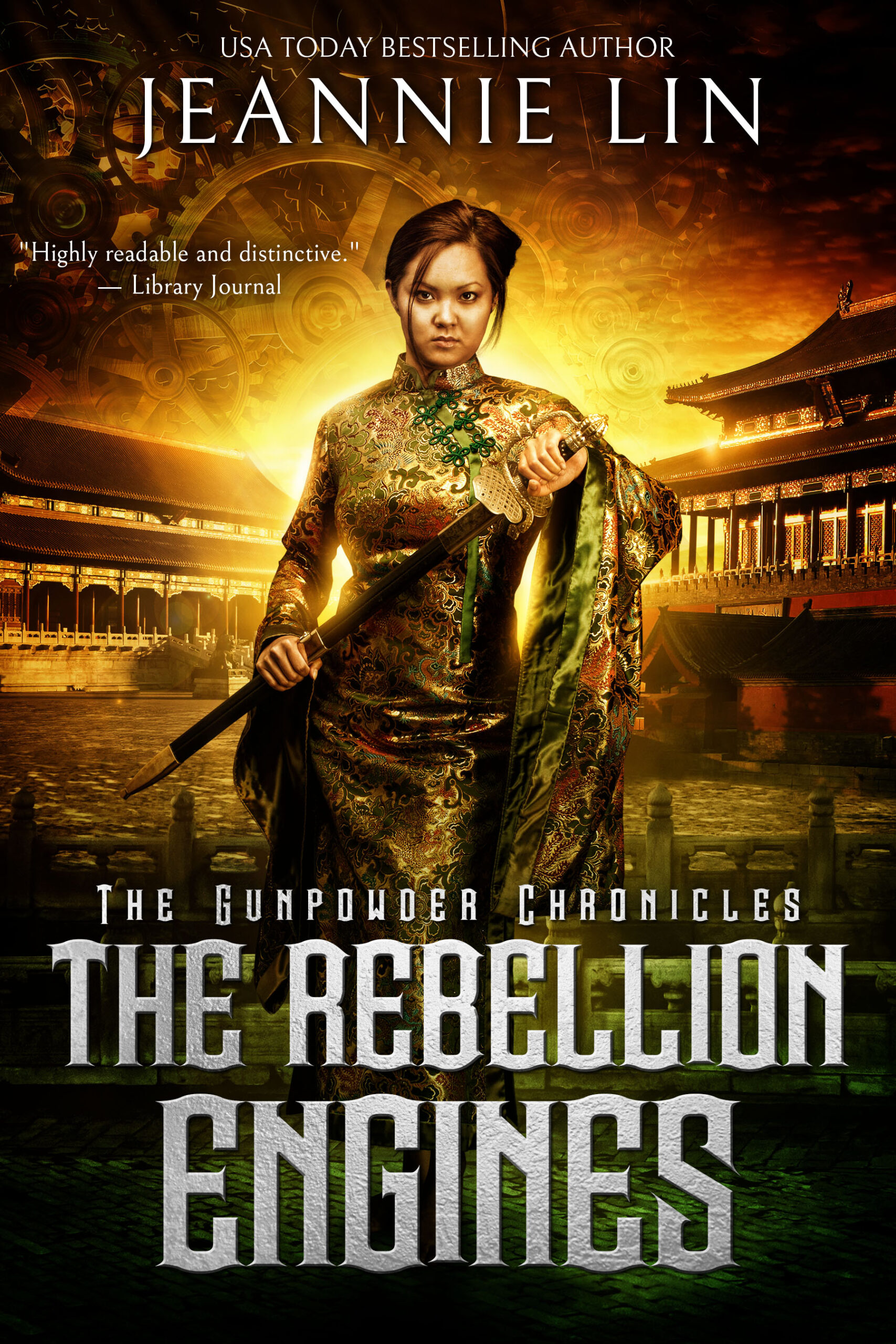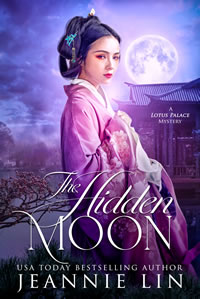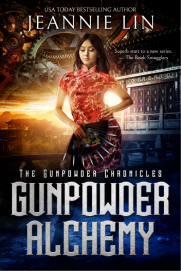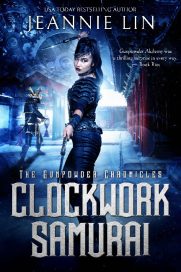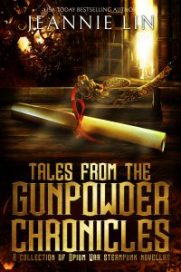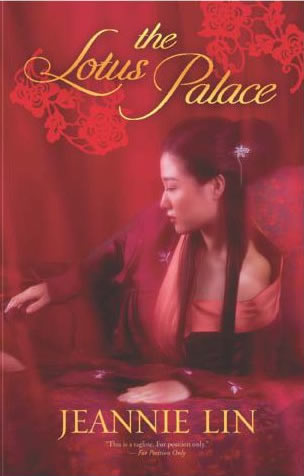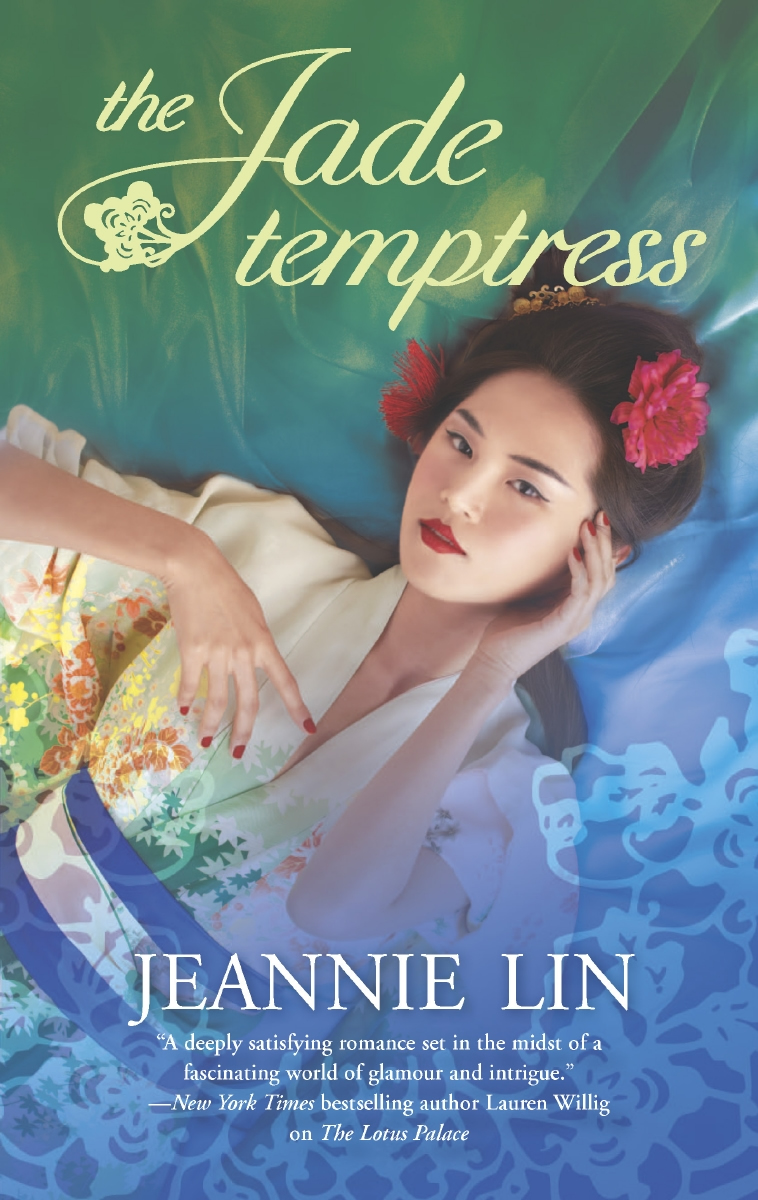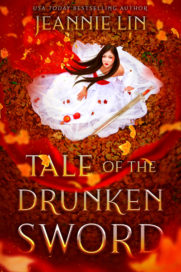Sunita from Dear Author mentioned a few of my books in her editorial post “POC romance and the authenticity question” and I started to reply, but in typical Jeannie fashion, it started to become an essay, so I thought it best to put my thoughts down here so not to bore the readers with a TLDR answer.
As you know, I think a lot about what it takes to write in a niche setting while trying to succeed in the mass market. Here are some thoughts I’ve compiled:
I want to add a theory that I’ve been pondering — I do bring my culture into my POV when I write — it’s actually very hard not to. I wonder if depictions from more mainstream viewpoints, to use a blunt instrument here — the white male perspective — are simply more easily consumed by the reading public. Because this is the perspective people are used to consuming. For example, would GGK’s Under Heaven be much better received than a Chinese author’s works in the US mass market? Neil Gaiman announced that he’s working on a project based on a Chinese legend and I’m sure that will be well received. Now, those are powerhouses and it’s impossible to separate out their clout, fame and skill from a possibly more palatable perspective. Perhaps pure skill makes their works accessible. I loved GGK’s Under Heaven, BTW.
If we take the example of Jay Kristoff’s Stormdancer where no attempt for Japanese cultural accuracy was made, it appears that appropriated cardboard representations (he proudly admits to basing his worldbuilding off of manga and anime and little attempt at research into Japanese culture, so I feel justified to say that) were very well-received and widely adopted, perhaps more so than a culturally accurate depiction. Of course, he was creating a steampunk fantasy and can argue he never meant it to be realistic — but that goes to my point. The stereotype is easier to consume than a fleshed out depiction.
This question may never be answered due to the process of 1) creation 2) public acceptance being shrouded in so many variables, but it’s an interesting thought, right? Theory 1: The mainstream voice, the dominant voice, is still the one readers are used to hearing. Theory 2: The stereotypes and the cardboard representations are more easily accepted by people who have limited exposure to the culture (there is cognitive science research to back this idea) Theory 3: This is felt more keenly in mass market genre fiction where books are aiming for wide, common denominator appeal. (i.e. in literary or other markets, where readers are seeking the unique, unusual, unexpected, it may not be as much of a factor)
That may not leave us in a happy place when we think of POC authors with “authentic” voices writing cultural stories at least for the mass market, but I think this is something authors should know they might be up against. It doesn’t change much — just write your heart. Write your heart out. But it may be a fight.


